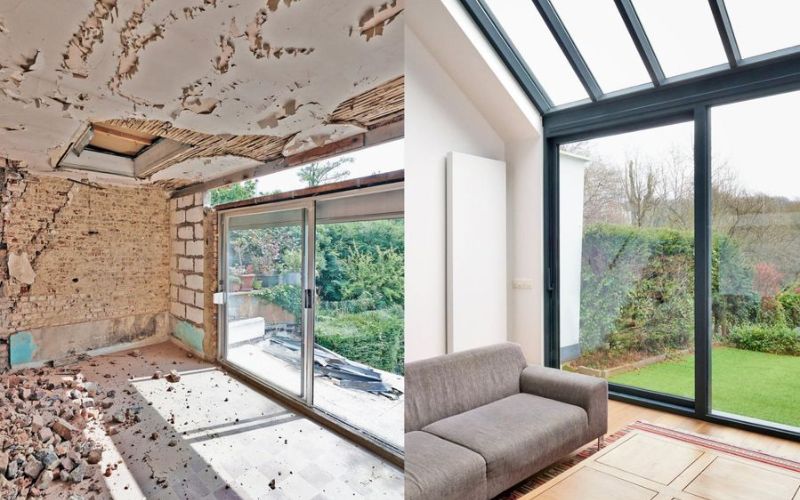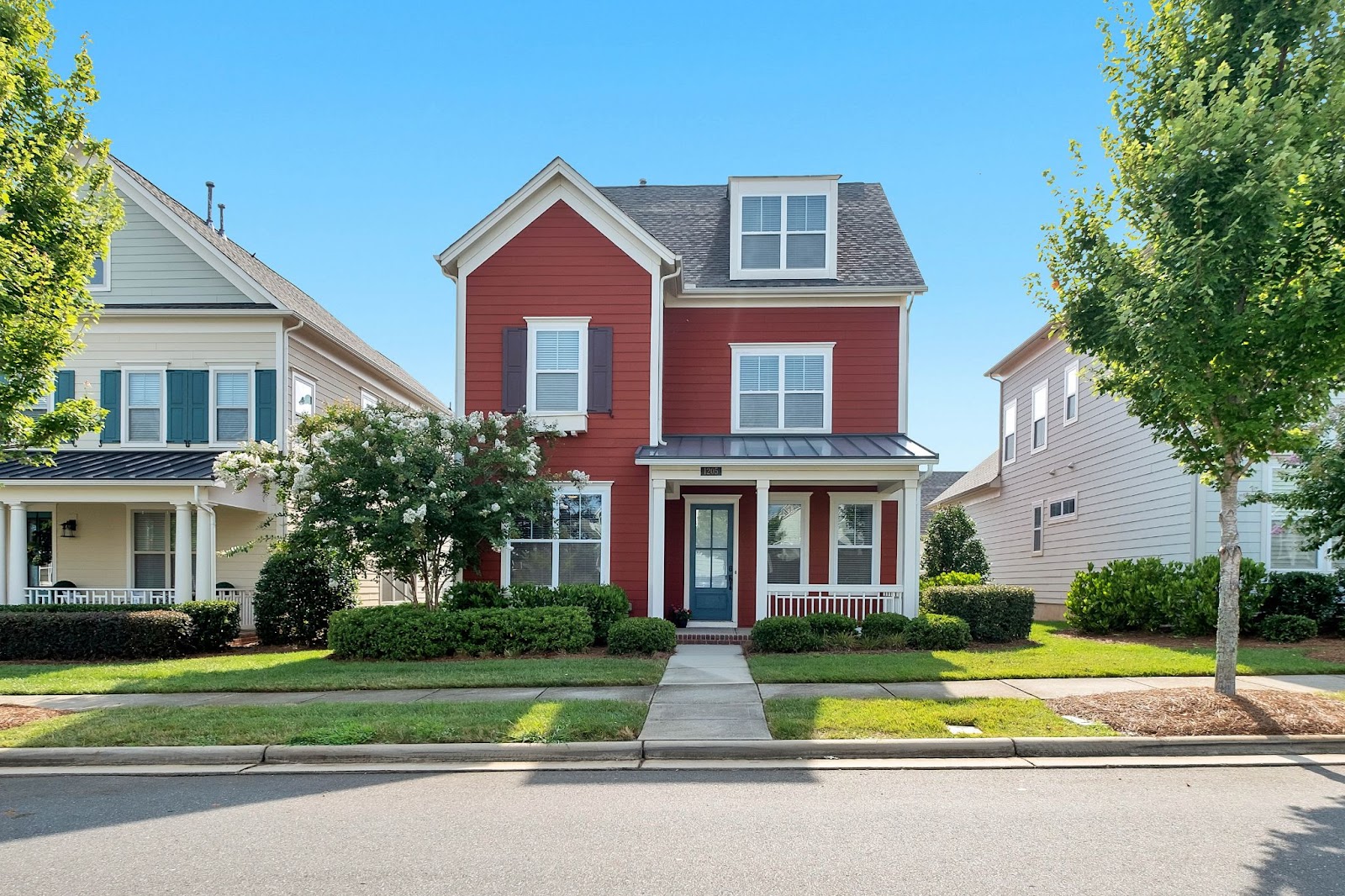A very popular alternative form of real estate investing these days is property flipping. A flipper buys a property that is in need of repairs or simply isn’t as desirable as it could be, then undergoes repairs themselves so they can sell the home for a profit.
The Toronto real estate market is among the most expensive in the country and Toronto homes are getting bought up incredibly quickly. Many real estate investors are turning to flipping as an alternative way to make money in the market. If you choose to start flipping houses, you can save on the initial cost of the house and possibly face less competition as most buyers want homes ready to move into.
Flipping is also good for homebuyers when done with care, as it takes a low-quality home off the market and replaces it with an updated and more livable home.
Flipping is at times a good way to make money in real estate, but you also have to know what you are doing to be successful. Flipped homes are notorious for shoddy workmanship and poor repairs due to flippers who don’t know what they are doing. The fact is, flipping a house is not easy work, and you need to take it seriously if you plan on making it part of your real estate plan.
Is flipping houses legal in Toronto?
There are no laws in Ontario or Toronto that prohibit the practice of flipping real estate. You can still find yourself in trouble though if you decide to practice house flipping, mostly through incorrectly filed taxes. Some flippers have attempted to claim the Principal Residence Exemption when selling their homes in order to dodge taxes on the sale of their flip homes. If you use the Principal Residence Exemption too often, however, it will likely raise red flags with the CRA who can not only collect on unpaid taxes but issue hefty penalties for tax fraud. We would not recommend cheating on your taxes.
Can you make money flipping houses in Toronto?
Many people can and do make money flipping homes in Toronto. However, many well-meaning flippers have purchased real estate only to be blindsided by the daunting task they found in actually preparing the house for sale. Don’t expect to find easy money without any hard work, but if you are willing to do what needs to be done, you can get a handsome return.
A house flip can also be risky. If you find out that your property requires far more work than you anticipated, you will be on the hook to fix it. Another thing that could happen is changes in markets affecting your ability to make a profit.
This happened to some this past year when the far above its usual rate. For people expecting to do work on their home, they were faced with a choice to either pay extra, or hold off and pay property carrying costs for longer. You could also buy just before a significant drop in home values, meaning you will struggle to sell for a profitable amount.
It’s also worth noting that house flipping is a very short-term investment compared to other real estate purchases. In the Toronto real estate market, home values are very high and rising. Simply owning Toronto real estate is a way to make major gains in equity, or collect a handsome cash flow through rentals. If you have the cash to flip a house, it may just be a better investment to buy and maintain an investment property instead of selling off your property as soon as possible. This is a longer-term investment strategy that largely builds equity, while a flipped house will pay out usable cash much quicker.
Two types of house flipping
There are two major types of house flipping – retailing and wholesaling.
Retailing is what most people think of when they hear about house flipping. A real estate investor buys a house that needs repair and fixes it up to sell for profit. This method can make you a lot of money, but you also need a lot of knowledge to optimize your return. The profit in flipping comes from selling at a price higher than your sale price plus your renovation costs. After applicable taxes, any amount above that figure is profit.
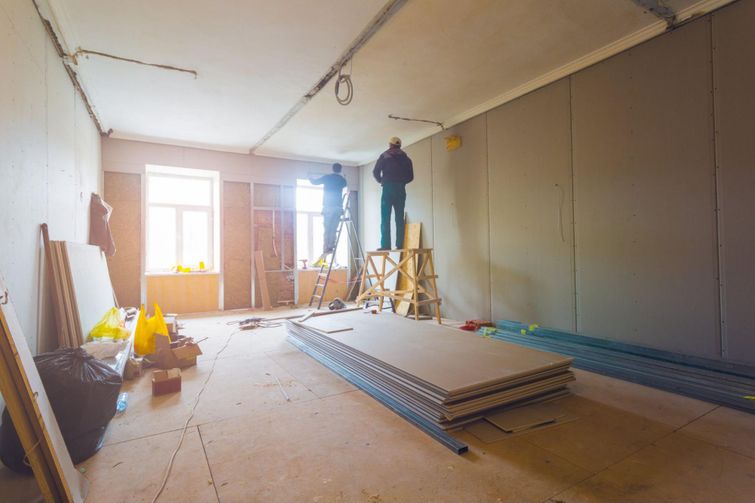
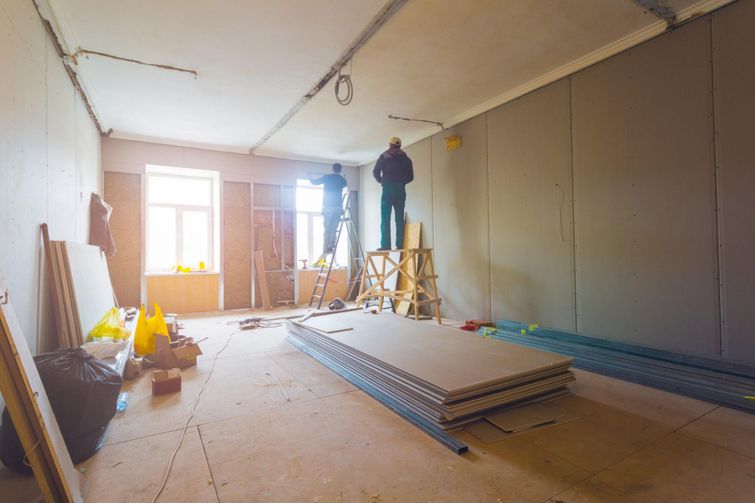
The other form of flipping is wholesaling, which though being easier offers lower returns. Wholesaling is essentially agreeing to buy a property at one price, then quickly offering it to another investor for a higher price. This can be a risky maneuver as you are not adding any real value to the property and are reliant on finding a buyer higher in a short amount of time.
As a wholesaler, you will probably be dealing with distressed homes and selling to the people who do the actual repairs and renovations. Therefore, you make a small profit and they still get to profit after they renovate and sell. In this article, we will primarily cover retailing.
How do I start flipping homes in the Toronto real estate market?
Determine your budget
Before looking for any property it’s best to determine how much you can spend on your flip project. Remember, this does not begin and end with the house’s price.
Firstly, there will always be additional fees upon closing, particularly with flipping where you may need an extra thorough home inspection. Then you also need to take into account the price of repairs. Often, quoted prices on repairs and labour costs can come in far higher than expected when the project hits a snag. You need to account for unforeseen expenditures in your budget and have some extra money to deal with them.
Alternatively, you can spend as much money as you need on repairs and then simply add whatever you spent on to the final sale price once you put the home on the market, but you still need to make sure you don’t overspend or the value of the house will be too high to attract buyers.
Don’t forget about selling costs
Finally, there are also selling costs to consider. Usually, this does not factor too much into a homebuyers purchase as they plan to hold their property for many years. However, as a flipper, you have to keep in mind these additional fees when you are working out your budget.
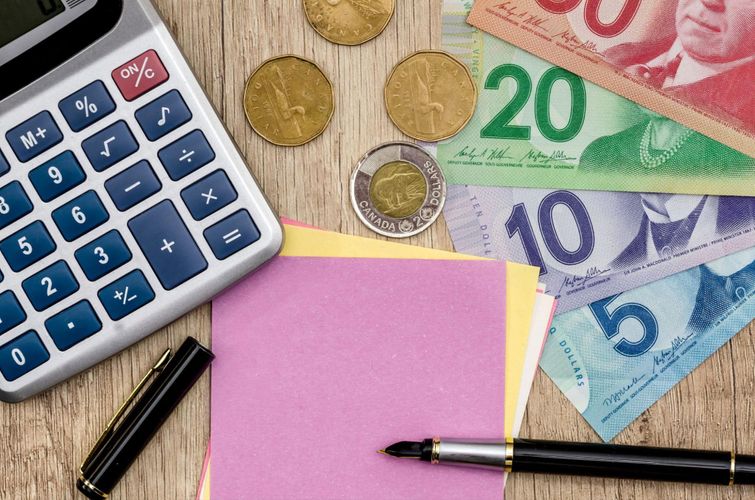
Financing your flip
In general, it’s best to finance your flip property with your own cash rather than taking out a mortgage loan. This gives you better options when it comes time to sell and can make the purchase process easier.
Research the market where you want to buy
It’s crucial that you look beyond the walls of the home you plan on improving and learn about the surrounding areas.
Firstly, you need to know the average price in the area, so you know not only if you are getting a good deal on your property, but also how much you can eventually ask for when you are finished repairing the home.
You also need to consider what types of homes people are looking for in the area. If you buy a property in a regular suburb and renovate it to be a luxury vacation home, you will not find a lot of interested buyers.
You should also learn about the direction of the market. When home values are on an upward trend, you can possibly hope to make a nice return on your purchase. However, if you buy and then prices suddenly fall, you may struggle to make a profit or even risk losing money.
There is no worse scenario for a flipper than having to sell and lose money even after all of the money spent on renovations. You can never know exactly how things will go, but doing your research is the best way to protect yourself from a fluctuating market.
Find a real estate agent or broker familiar with the area
Once you have a budget and an area you are interested in, your next step should be to contact an agent or broker in the area who can help you find the right property for you. Not only do real estate agents have the most up-to-date and in-depth knowledge of the area, but they also may be able to provide you with exclusive deals and access to properties that otherwise you would not be able to find.
Agents will also be experienced in recognizing potential issues and opportunities when it comes time to view properties. And it’s helpful to begin forging a relationship with a realtor as they can help you later on when it comes time to sell your property.
Purchase the property and begin investing in repairs
With everything above completed, you should be ready to pull the trigger on a flip property. Once you’ve found a property you want to put an offer on, strongly consider having a home inspector and contractor visit before closing to give you an idea of what sort of repairs will be needed to get the house to the market.
Inspectors can also help point out any major issues with the property that might make you change your mind on the purchase. You will have to pay for these inspections, but they will be worth it in the long run.
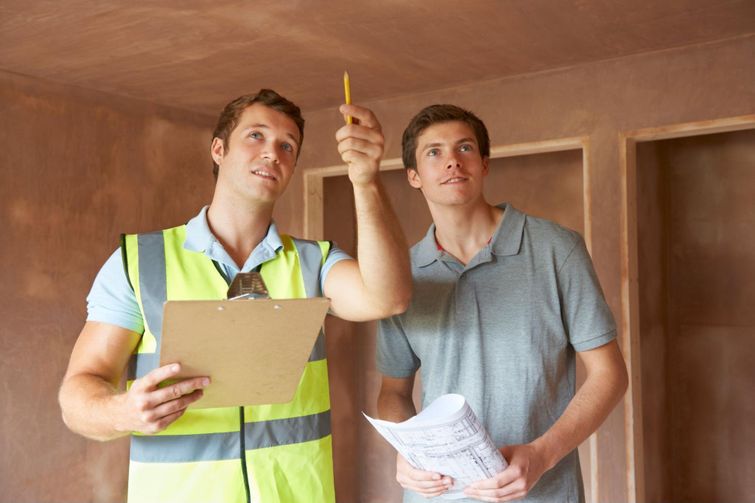
It’s also worth considering if this is your first-ever flip to go for a property with minor improvements needed. The profit won’t be as high, but you will learn much better skills to help you succeed later, rather than burning out on your first property.
Once you have possession of the property, you can really . That contractor from before may be the best person to now come in and begin working on your renovations.
You also have the option of doing some of the work yourself. Things like painting or basic flooring are easy enough for anyone to do, but when it comes time to do something like install windows or fix plumbing, it is highly advisable to hire a professional.
Poorly done work is not going to help you sell your home, and in the case of something like electrical work, it can be extremely dangerous to work on yourself.
Besides strictly necessary renovations, there are some quality of life features that are totally optional for a house but will add a lot of appeal for buyers. Do some research or consult a professional on interior design and see what simple changes you can make to attract more discerning buyers willing to pay bigger bucks. There is no need to fully gut the house and do everything from scratch, in fact, repairing or improving existing features can save you lots of time and money, particularly in expensive areas like bathrooms and kitchens.
Remember, not all improvements will cost exactly as much as they add to the value of the home. Some features may be very expensive but add very little to the final sale price. You should always prioritize those upgrades that offer the greatest return on investment in the end.
That doesn’t mean however that you should be cheap with your repairs. Some less serious flippers have made a bad name for the practice and flip houses are now notorious for poorly thought out and executed repairs. Always ask yourself: would you be okay with this level of workmanship if you were planning on living in this house?
Stage, sell, and repeat
Just because you are selling a flipped investment property, doesn’t mean you should ignore the importance of staging. Potential buyers don’t want to just see the house, they want to be able to imagine themselves in it. Professional staging can make all the difference in getting them excited about your property.
Work with your realtor to stage your home properly, and add any finishing touches to make it look as good as it can be. Remember, a little money spent here can go a long way. If you pulled it off properly, you should have no problem selling your property, and hopefully making some profit. Now it’s time to flip the next!
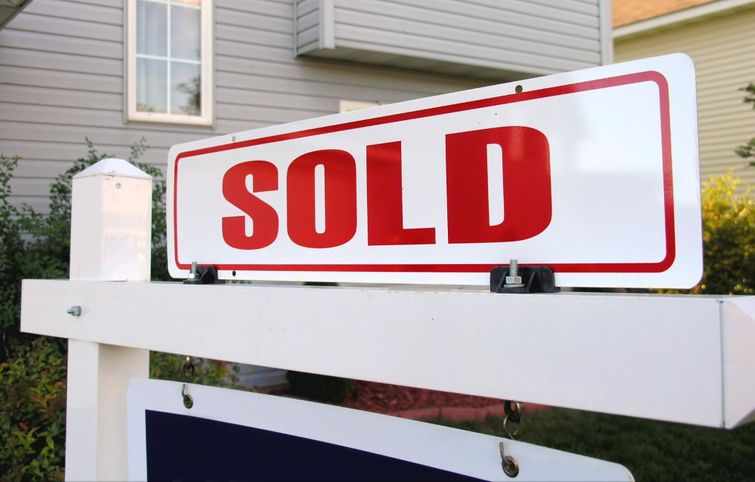
Is flipping right for me?
Besides just having the capital to buy and repair homes, flipping takes a certain kind of person. The most ideal candidate has attention to detail to make their flip the highest quality possible. You will also need some leadership and management skills to oversee all the work being done by your team of contractors and workers.
Finally, you need to be willing to work fast to get your house on the market and maximize profit. You also need to be willing to accept some risk on your investment, as even the easiest flips can come with unforeseen surprises.
If you sound like the kind of person that can do well at flipping and have the cash to make it work, give it a try!
Corben joined CREW as a relative newcomer to the field of real estate and has since immersed himself and learned from the experts about everything there is to know on the topic. As a writer with CREW, Corben produces informative guides that answer the questions you need to know and reports on real estate and investment news developments across Canada. Corben lives in Guelph, Ontario with his partner and their two cats. Outside of work, he loves to cook, play music, and work on all kinds of creative projects. You can contact Corben at corben@crewmedia.ca or find him on Linkedin at https://www.linkedin.com/in/corbengrant/.


